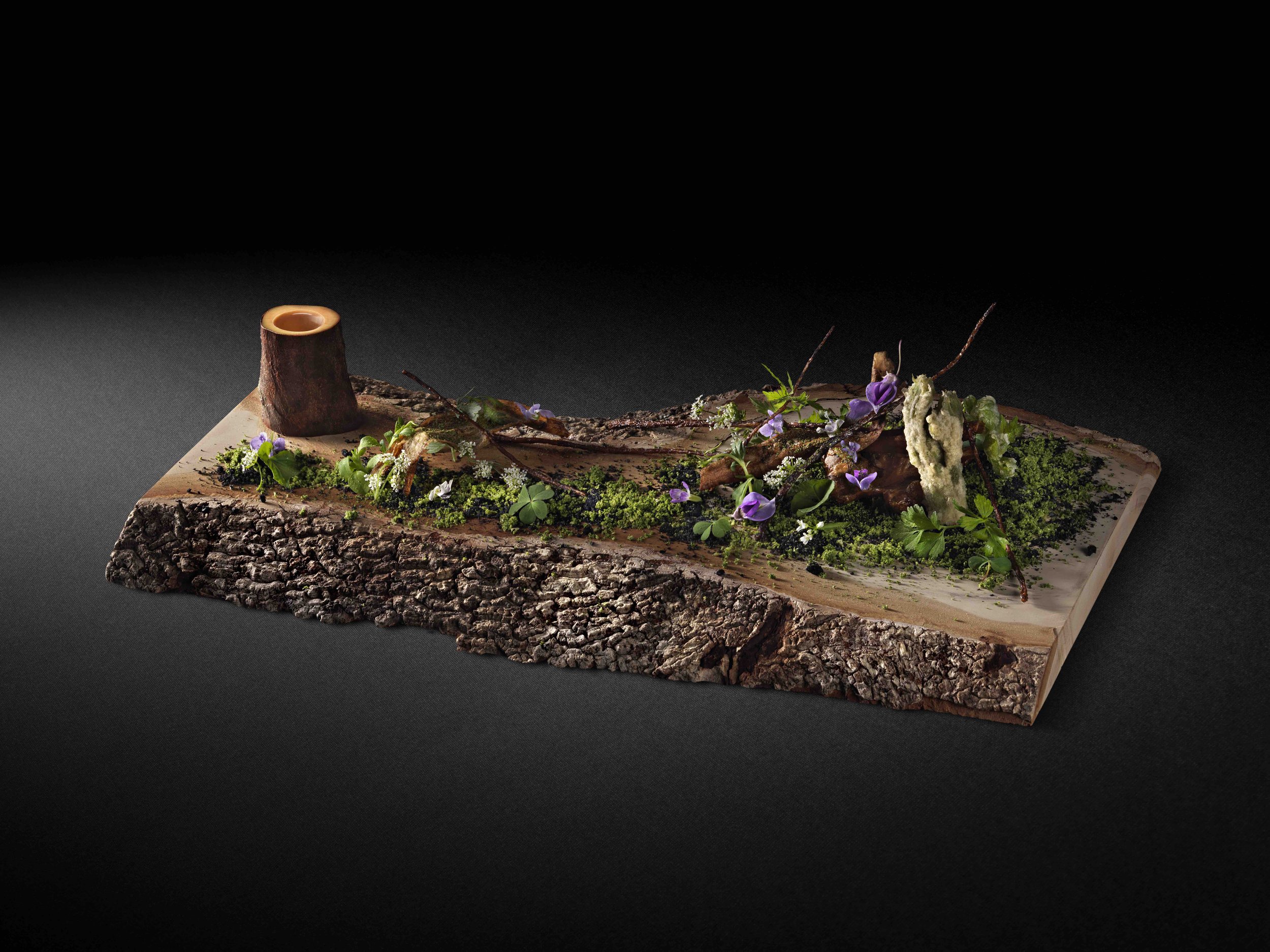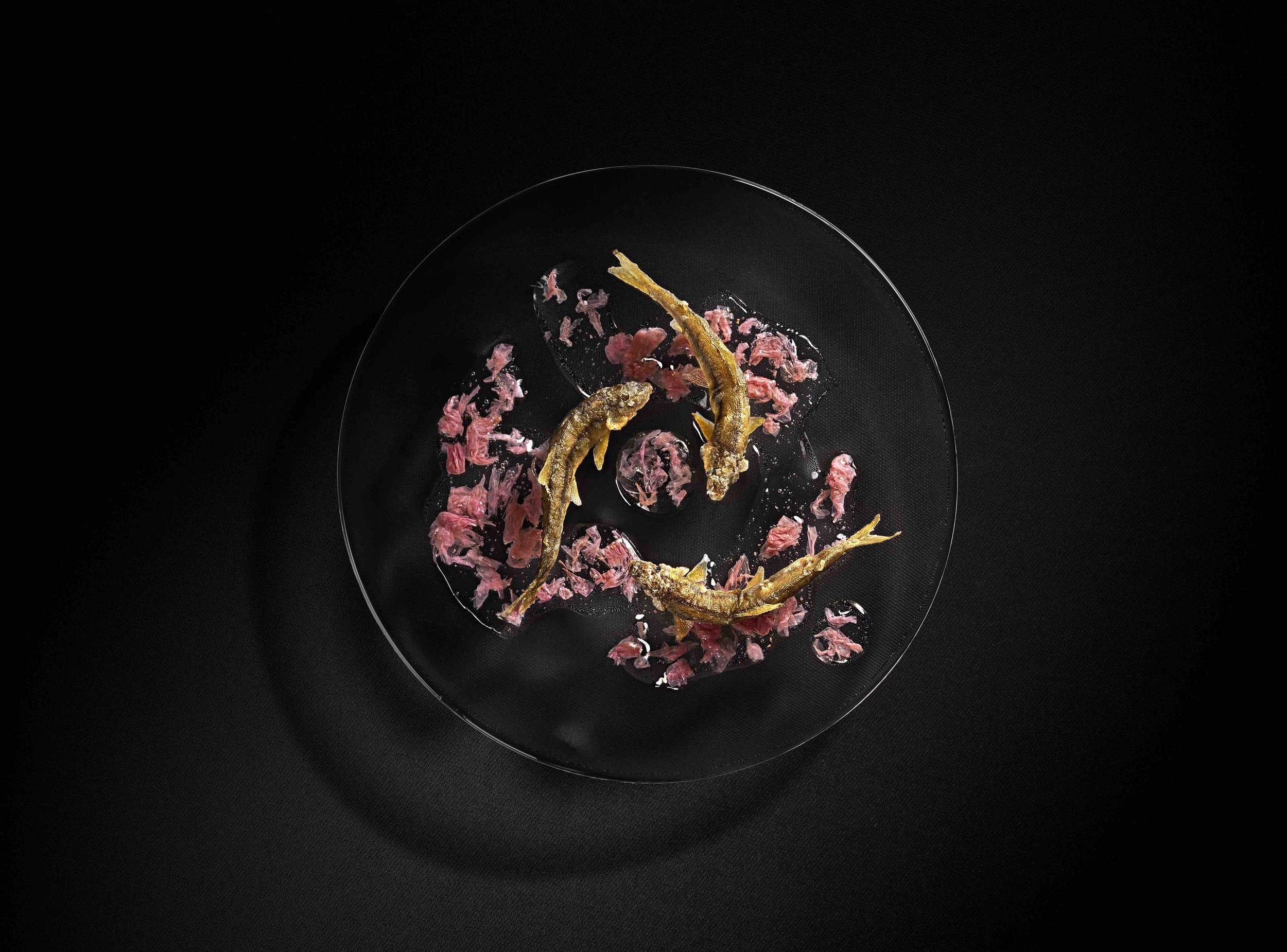Yoshihiro Narisawa: Force of Nature.
Unadulterated meditations from the eminent Japanese chef, whose exquisitely presented cuisine delivers artistry, sustainability, and oiishi aplenty.
On the philosophy of satoyama (harmony with nature)
“In Japan, because of its geography and topography, civilisation is very close to nature. We live with the sea and the forests very close by, and by interacting this closely with nature for so long, for generations and generations, historically, that has given rise to satoyama culture: the knowledge, the lifestyle itself, and the food culture. This food culture is very old, this lifestyle, the entirety of satoyama culture, it's very sustainable, very beneficial to the environment, and it is also very beneficial to our body. That's why I pay keen attention to satoyama culture.”
Why sustainability matters
“Although our restaurant is located in Tokyo, every week when we are closed, on Sundays and Mondays, I go to the forest and to the sea. There, I talk with the producers of ingredients, and I also talk to the elderly from the location, and I get information that we can’t in Tokyo. In the countryside, all I hear is how much worse everything is getting. When I go to the sea, they say, this year we caught less fish than last year and when I goes to the forest, they say the climate and environment are getting worse. That's all I hear.
“Compared to manmade gardens or manmade farms, where people intentionally cultivate plants, when you go to the forest, everything is circulating on its own. When the wind blows, the seed falls, and then the rain comes. And in those cases where everything's natural, I find that the environment is worsening.
“With this, if you think about the next generation, the younger generation, if we don't stop this now, if we don't think about sustainability now, then the young won't have what we have now. That's why I've started to really think about sustainability.”
Appreciating perfect imperfections
“I believe that there's nothing more beautiful than nature. And as humans, we are part of that nature. In Japanese culture, we find life in the plants and the trees. There is wabi-sabi [an acceptance of impermanence, transience, finding beauty in imperfection] that I really appreciate. In Japan, even when it comes to natural disasters such as typhoons or earthquakes, we accept this as being part of nature too. We accept nature as it is.”
God is indeed in the details
“When I look at all the small details and make decisions about them, I put myself in the shoes of the guest. I think about what will make the guest the most comfortable: the chair, the lighting, the temperature in the room, the flow of the meal and the portions. It is the guest’s comfort that I’m thinking about when I make these decisions. That is why these things are so important, because making the guest comfortable is so important.”
Where cuisine differs from art
“Of course, cooking is very visual, but it has more weight on the people who eat the food. I am cooking for the guests. I’m thinking about the guests when I’m cooking, and maybe with painting — well, I can't generalise about this — but maybe it’s more about expressing the character of the artist. It’s not so much about the critics or the people who are looking at the art and interpreting it. It’s about the artist creating something for himself. When I’m cooking, I cook as if I’m making a meal to please my family, my mother or father, my daughter or grandmother. Maybe that is the difference.”
Narisawa Tokyo is temporarily closed for renovations. Meanwhile, the chef and his team will be in Singapore for a five-week residency at Mandala Masters x Porsche Presents NARISAWA, 24 March to 30 April 2023. For booking enquiries contact: reservations@mandalamasters.com




